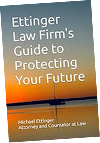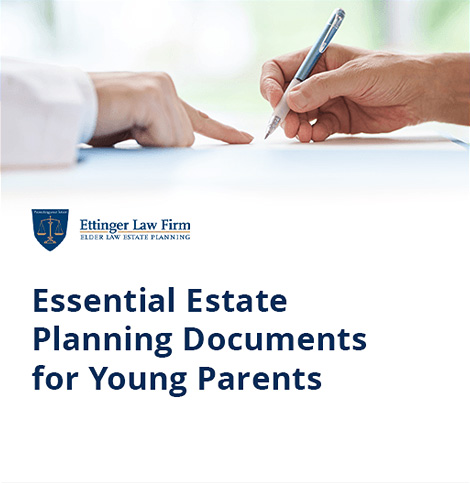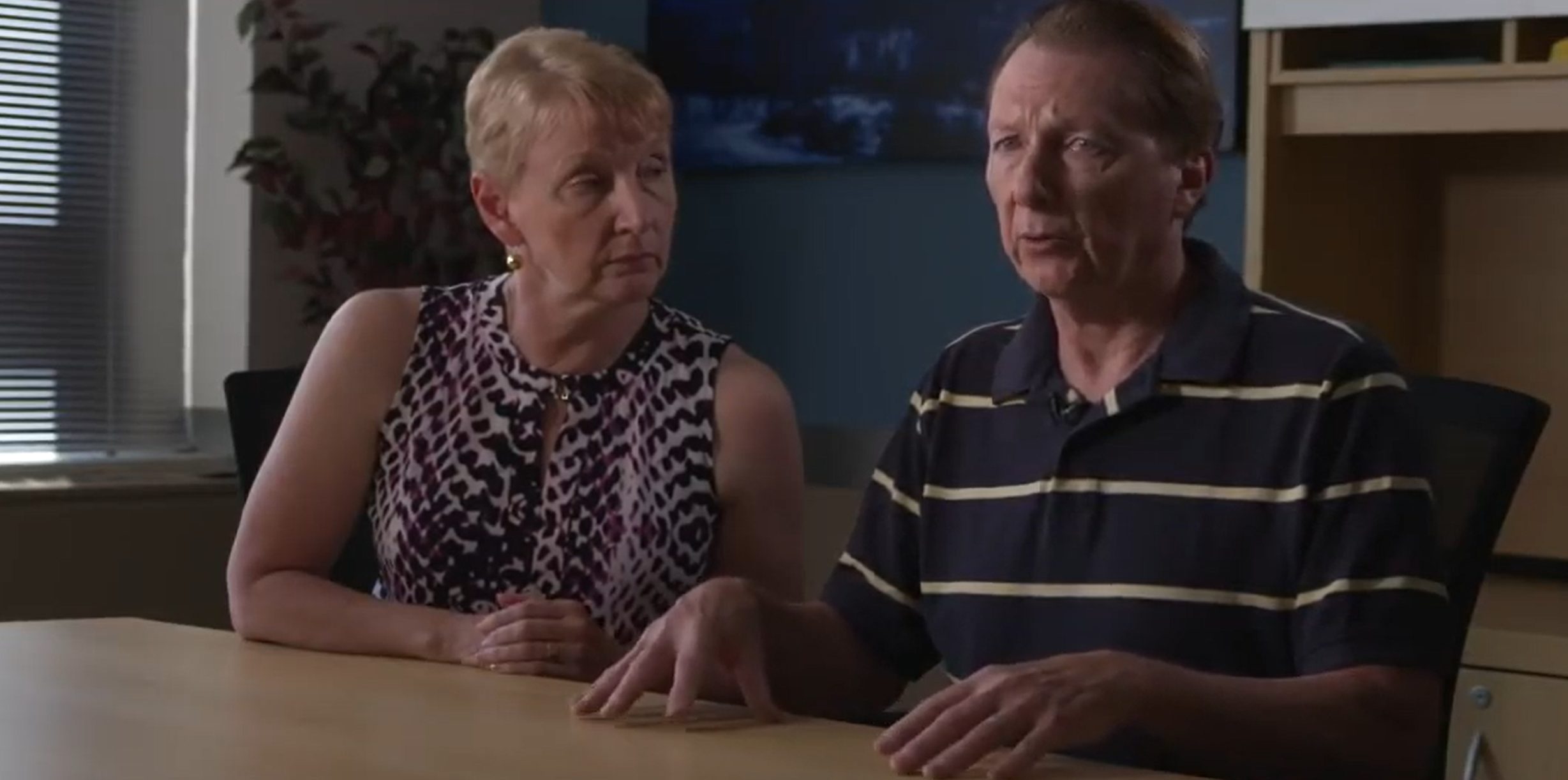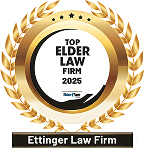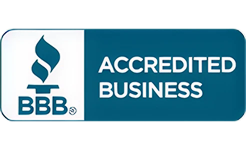What They Say About Us
Community based Medicaid applications are any elderly/disabled person who wishes to remain in the community, in the setting of their own home. This benefit requires three (3) months of financial documentation, current proof of income, along with “common documents” and the past year’s income tax filing, with 1099’s. New rules will gradually extend the look-back period to two and a half years, thus requiring thirty (30) months of financial documents.
Although only low income recipients may qualify for this benefit, any middle income person may qualify for this benefit by using the pooled income trust to shelter excess income. By using the pooled income trust even middle class people may become eligible for community Medicaid.
Once benefits have been applied for and a Medicaid “pick-up” date has been established, the applicant may keep some of their monthly income and the balance is required to be contributed to their care, unless sheltered with the pooled income trust. The amounts you may retain are constantly changing and are naturally different for singles and couples. Consult with an elder law attorney for the going rates in your community at any given time.
Resources, which are assets belonging to the applicant and/or community spouse, must be reported and an individual is allowed to keep only a modest amount, around sixteen thousand dollars. If there is a spouse at home, the resource allowance may be as much as one hundred and thirty thousand dollars.

